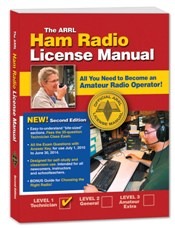 I ordered my ARRL Ham Radio License Manual this week. It was predicated on the Northern NJ Meetup I attended a couple weeks ago, and another gentleman I met at the meetup some time ago that has his Ham license. There is a lot of chatter in the survivalist world about being able to communicate or get information during a SHTF event. I have given this a lot of thought, and concur. This is my first foray into any certifications that have or will have to do with my survivalist lifestyle.
I ordered my ARRL Ham Radio License Manual this week. It was predicated on the Northern NJ Meetup I attended a couple weeks ago, and another gentleman I met at the meetup some time ago that has his Ham license. There is a lot of chatter in the survivalist world about being able to communicate or get information during a SHTF event. I have given this a lot of thought, and concur. This is my first foray into any certifications that have or will have to do with my survivalist lifestyle.
While you have to be licensed, I think having a Ham license will open new doors to communicating in a methodical and organized way, not to mention, potentially open up new doors with like minded individuals as well. Below is a video highlighting getting your Level 1 License (the one I am going to be studying and testing for).
I don’t know much about it yet, and am not sure how complicated it is going to be, or how long it might take to study for the test, but I will try to make updates about what I am learning, and what I think about the program once I get into it…
httpv://www.youtube.com/watch?v=7yg78bJqSl0
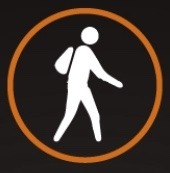
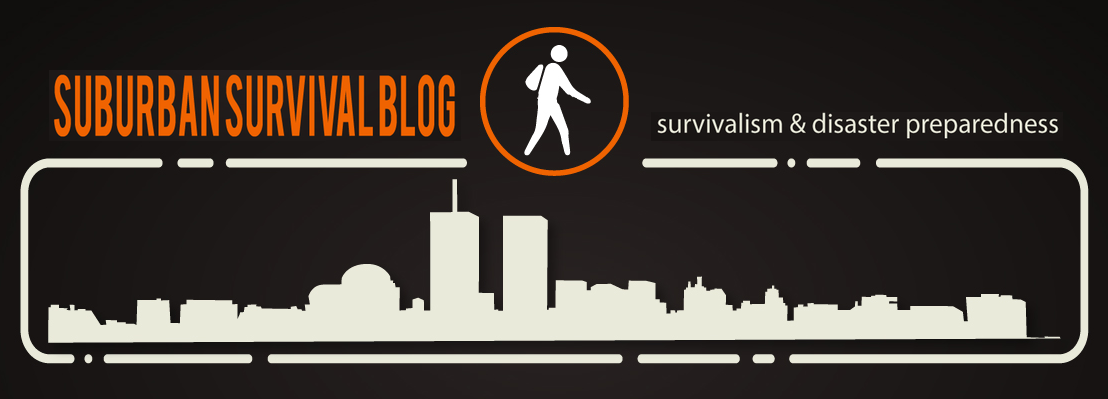


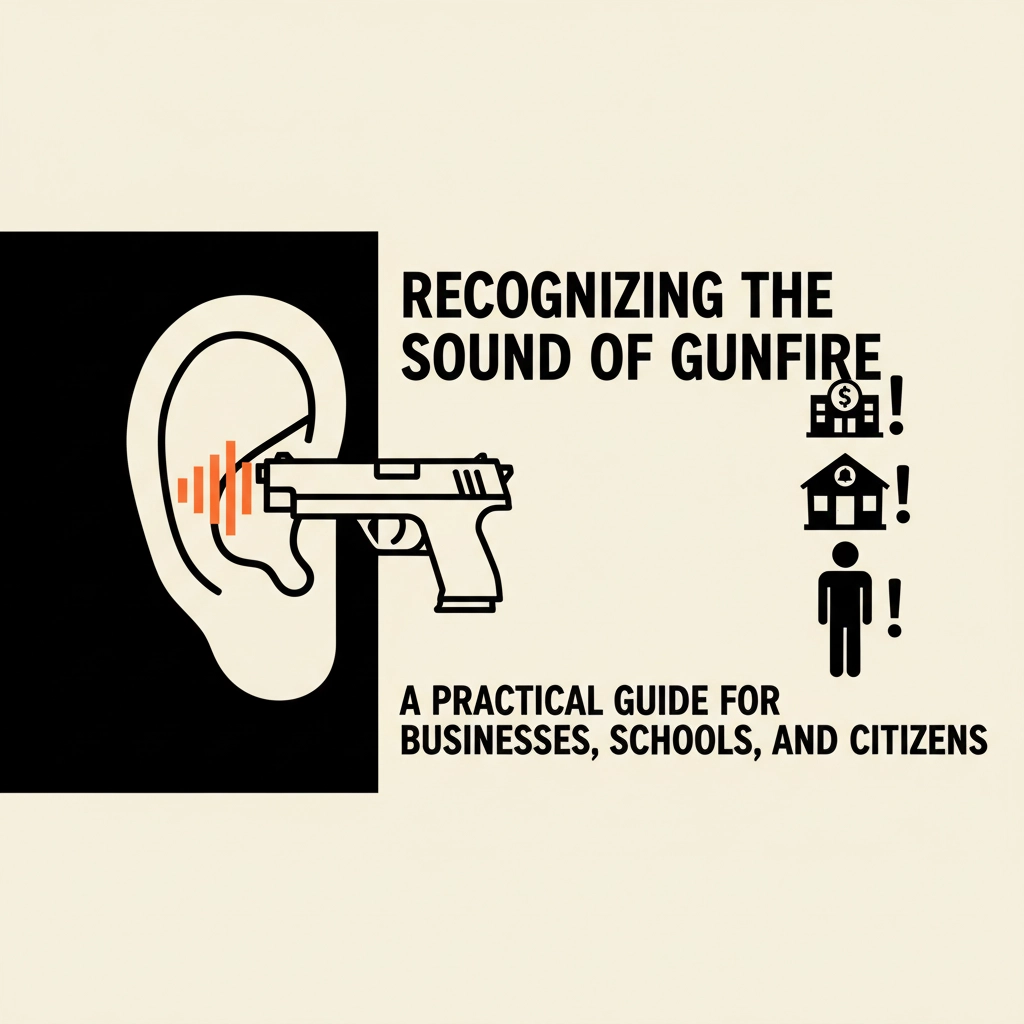
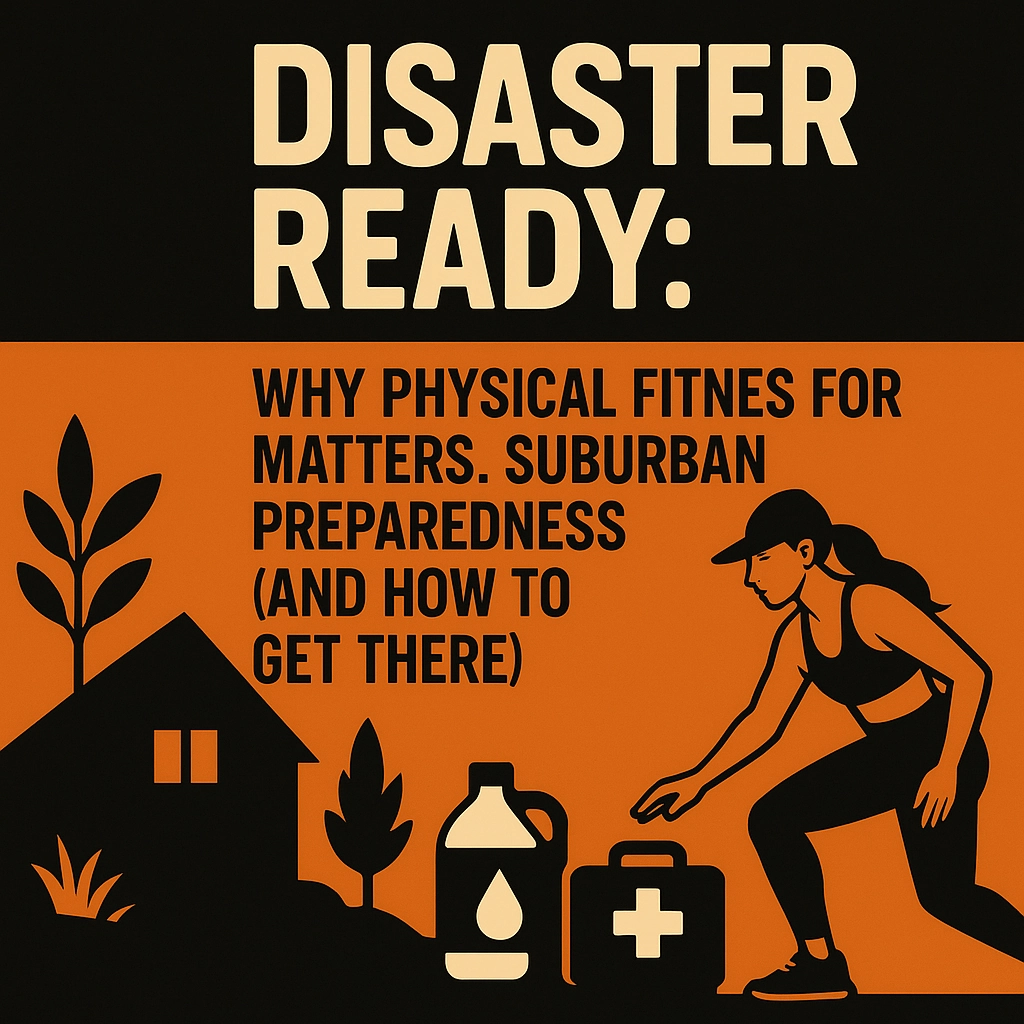


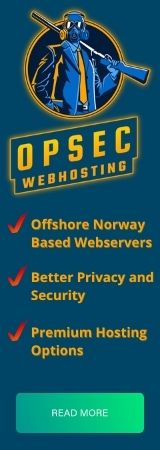
I almost got a ham license in college. Back then the basic license required knowing morse code. Today I’m told there is a basic license for voice that doesn’t require knowing morse.
Good luck.
BTW, you don’t need a license for a ham receiver.
Its good that you are looking into the ham systems. In a TEOTWAWKI or TSHTF i dont believe you will need the ham license. In some cases its just more paperwork for the Government to have on you. Have the gear and not use it unless you need to. Deal with the Government later if there is a credible government after the fact.
I agree to the extent that you will gather more info and not give yourself away by listening more than talking.
It’s unlikely you’ll be calling for help. And even if you do, you never know who will come — friendly or not!
The Ham license is for two reasons. First to listen in on what is happening geographically, and beyond, and the other is to communicate with my team, should I have one in a more secure fashion than something like FMRS.
pps- You may also want to consider spending the $$ on a Bearcat scanner. In a localized SHTF event you can pick up police, fire etc.
Already on the list…
I would get your amateur radio license and make sure some other people in your group or retreat are at least trained to communicate via amateur radio. If your group can’t shoot, move and communiate, you are at a great disadvantage. Same applies to a Lone Wolf. Even if all you do is recieve, you’ve got to at least have the equipment and the skillset. So much good (and realatively effortless) intel is passing right through you and you airspace in the form of radiowaves. Why not at least have the option to listen in if need be? Not to mention how much easier it will be to setup bartering, etc. when you’re trying to conserve energy and work. But just like anything else that has moving parts or runs on electricity, you can’t just expect to pull your radios out of a box one day and be fully programmed with all of the local repeaters and nets … or even to work at all. Unconfigured radios won’t do you much good, and to configure and test them and train with them, you either need a license or need to know someone who does and is willing to make the time investment for his “paranoid whackjob” buddy and hold your hand while you train. The test is not hard. You can memorize the questions if you can’t understand the theory, but it’s stuff that you need to know anyway if you’re serious about self-reliance. Now that you have the manual, read it, study the question pool and start taking the practice test online. If you’re not passing it, keep studying and taking the practice test until you are comfortable taking the examination. You can take the practice tests online for free at: http://www.eham.net/exams/ or a couple of other sites. All in all, amateur radio is not a bad skillset to list on your “suvival resume.” I realize that everyone is at different skill levels for any particular skillset and that HAM radio isn’t everyone’s cup of tea, but it will enhance your chances of survival and make you a stronger candidate should you ever find yourself in a situation where you want to be included in a group of some sort. It’s also a good hobby and a great way to provide a service to your community without breaking your back. Volunteer organizations and relief efforts are always in need of trained and licensed emergency communicators to plug into the rotation at command centers or shadow key personnel and provide communications. I’d rather communicate with my radio than fill sandbags any day. It’s also a great way to stay plugged into the emergency response infrastructure and make sure that you and your family are amongst the first to know when it is time to bug out.
Martin, great additional commentary. Thanks, and will push me to get this done. Thanks.
Glad to hear it Suburban. Then we can pass intel after the balloon goes up. Pretty much everyone has a mentor or “Elmer” to guide them through the process of learning amateur radio. If there is anything I can do to help, please let me know.